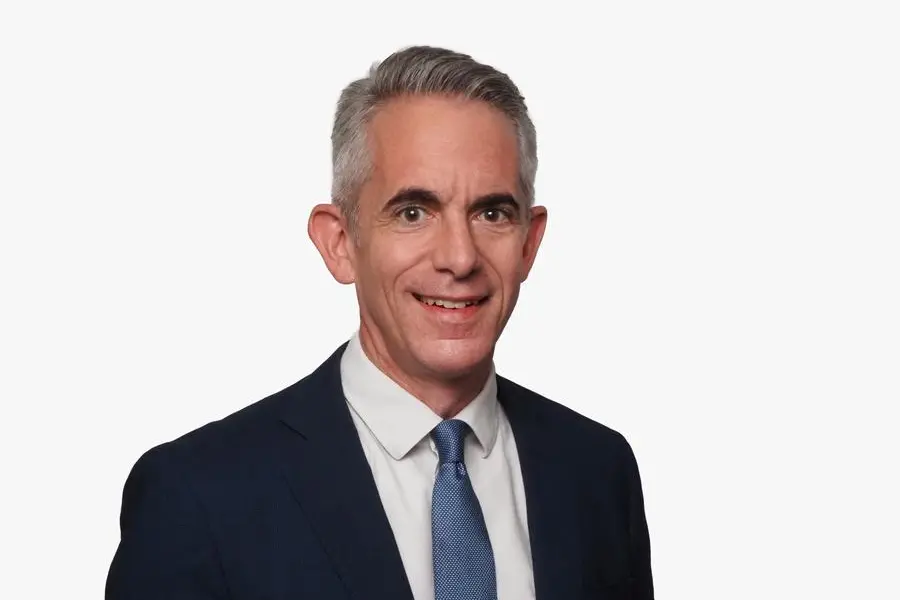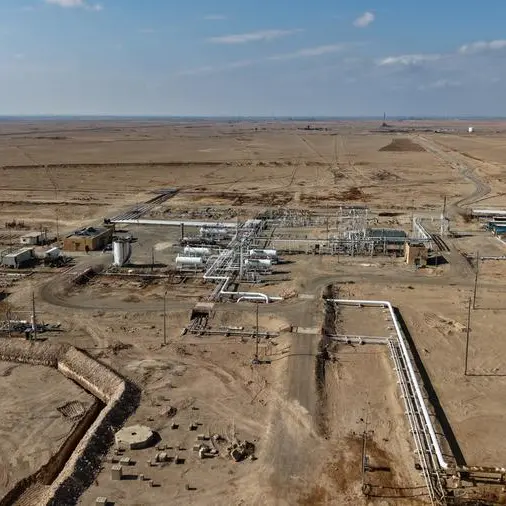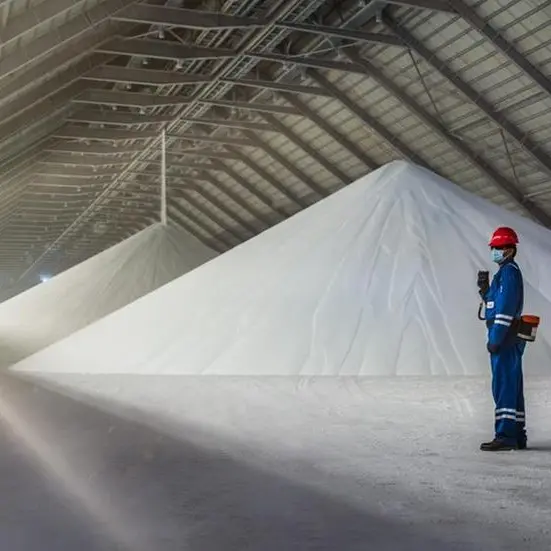PHOTO
A re-evaluation and a reaffirmation of the Paris Agreement goals is likely to be a dominant theme at the 2023 United Nations Climate Change Conference, more commonly referred to as COP28, set to take place in Dubai later this month, according to a senior executive at the Liechtenstein-based global private bank, LGT.
In an interview with Zawya, Christopher Greenwald, Head of Sustainable Investing at the royal family–owned private banking and asset management group, said: “While it is always difficult to predict in advance, I think concrete ideas about reaffirming the Paris Agreement and re-evaluating what changes need to happen to accelerate and get back on track are probably going to be some of the dominant points at the upcoming COP28. We have only seven years left to hit the goals.”
Greenwald said convening the conference in the UAE, which is a major exporter of fossil fuel as well as a significant investor in renewable energy and new technologies, is a good way to bring the two sides together.
The UAE is also a good choice because one of the issues about previous such conferences has been the split between the “developed” and “developing” world.
“The fact that the UAE has gone from developing status to a developed nation so quickly gives them a unique position to hopefully bridge the gap between the mind perspective of developed countries and developing countries as well as being a centrepoint for so many different parts of the world – Asia, Africa and Europe – coming together.”
To the criticism that has been leveled against having one of the Middle East's top crude-oil-producing countries host the influential event on climate change, Greenwald said: “It's not a good idea to ignore the fossil fuel industry or approach it from the perspective of exclusion. I think it's important to think of a focus much more in terms of transition. So, from that perspective, I see it as an opportunity.”
LGT Group, which currently manages about $338 billion in assets, focuses on sustainability and impact investment. Its largest client, the Princely House of Liechtenstein, is also its owner. In fact, its largest strategy is a co-investment vehicle called the Princely Portfolio which exceeds $18 billion in assets, more than $2.5 billion of which is from the princely family themselves.
“It's a multi-asset strategy with a large component of alternatives and private equity. It's built on the endowment level of some of the largest US universities to have a long-term investment horizon.”
Greenwald added: “One of the three key distinguishing factors of LGT is the focus on sustainability and sustainable investments. We have the advantage of the fact that our owner, Prince Max von und zu Liechtenstein, and the princely family are firm believers in the power of financial markets to drive positive change. So, we have a quite significant focus on this in terms of our strategy.”
In line with the Paris Agreement, the Princely Portfolio has made a commitment to decarbonize and to be 50% less carbon-intensive than it was in 2018, he added.
According to Greenwald, the question of the energy transition is front and centre in the Middle East as well and the focus is on what investors can do to mitigate climate change risks in their portfolios and yet pursue opportunities.
“There's significant investments in renewable energy here in the UAE as well as in the Middle East more broadly. I think there's a recognition that there's a need to prepare the economy for an energy transition in the future. Clients are interested in thinking about what that means from an investment standpoint, what are the opportunities to participate in that shift that we foresee happening over time.”
Managing ESG risks
How does a wealth manager fulfill his fiduciary duties to his client in balancing sustainability principles while maximising returns for the client? Isn't the cost of investing in environmental, social and governance (ESG) higher?
“We firmly believe it’s not. We fundamentally believe that integrating sustainability enhances long-term risk-adjusted returns," said Greenwald. “Sometimes clients think of ESG investing as only investing in clean tech or only excluding certain sectors in the economy. But we look at it from a broad perspective. Rather than excluding whole sectors, we look at how well companies are managing ESG risks in their business. And that foundation allows us to apply sustainability across a wide range of sectors and holdings.”
LGT is a participant in the Climate Action 100+, an investor-led initiative to ensure the world's largest corporate greenhouse gas emitters take the required action on climate change.
Two of the region's biggest companies, Saudi Aramco, the world's largest oil exporter and Saudi Basic Industries Corporation, the Middle East's biggest petrochemicals company, are also participants.
As a private bank, LGT seeks to have the biggest impact by educating clients on what options they have in sustainable investing. “Most clients are concerned about climate change. They know a transition is happening and they want to do something, but they don't know where to start. So really giving them the tools to begin that process is the biggest role we can have in working with our investors.”
Among the wealthy investors of the Middle East too there is little knowledge on the ground about the opportunities in impact investing. “However, in terms of the philosophy and mindset of thinking intergenerationally and long-term, that's very much aligned with our principles and with sustainable investing.”
The bank believes that inter-generational wealth transfer, which the region's wealthy prioritizes, also means ensuring that the world that future generations live in is going to be worth living in.
“So I do feel that the principle is certainly present here, which is one of the reasons we've been able to grow our client base. And one of the reasons why I think our long-term approach, which integrates sustainability, is appealing for clients.”
(Reporting by Brinda Darasha; editing by Seban Scaria)





















